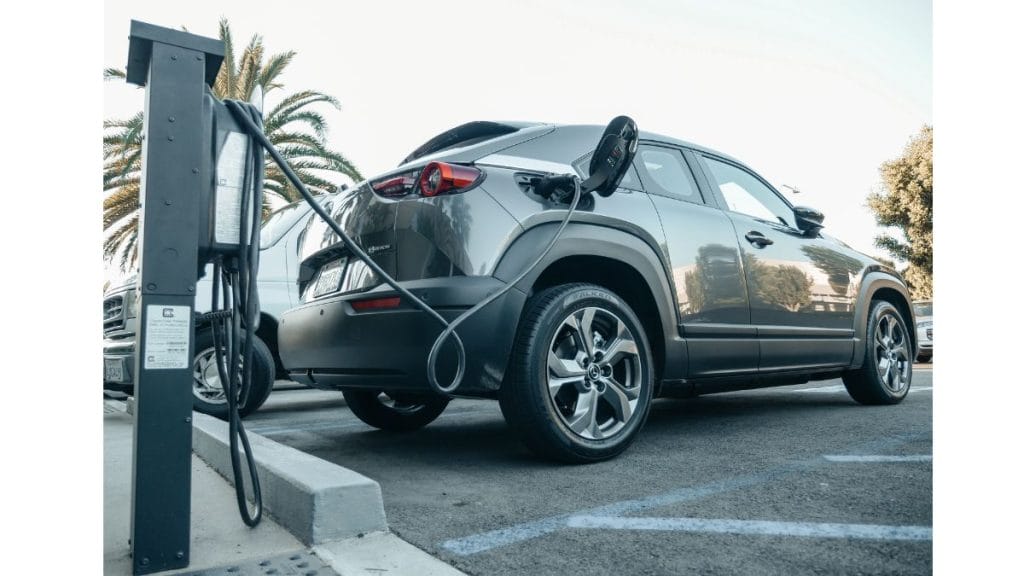New Delhi: The demand for electric cars is increasing rapidly, and the International Energy Agency (IEA) has released a report stating that they will account for almost one in five cars sold this year. The electrification of road transportation will have significant implications for the energy industry as it will reduce the need for five million barrels of oil per day by the end of the decade. This will be a big step towards the new global energy economy that is rapidly emerging, and it will transform the car manufacturing industry worldwide, says the IEA Executive Director, Fatih Birol.
The IEA’s annual report on electric vehicles projected that annual sales would rise by 35 per cent this year, reaching 14 million. This is expected to be a market share of 18 per cent, up from four per cent in 2020. However, the overwhelming majority of electric car sales are concentrated in three markets: China, Europe, and the United States. China accounted for 60 per cent of global electric vehicle sales last year, according to the IEA.
The report also stated that measures such as the Inflation Reduction Act in the United States, which offers generous subsidies to consumers to switch to electric vehicles, would further boost sales in the coming years. The IEA forecasts that the average share of electric cars in total sales across China, the EU, and the United States is set to rise to around 60 per cent by 2030.
The rapid electrification of road transportation is a positive development, as it reduces the amount of harmful emissions released into the atmosphere, leading to a cleaner and healthier environment. It also reduces the dependency on fossil fuels, which are finite and contribute to climate change.
However, the increase in demand for electric cars also poses new challenges, such as the availability of charging infrastructure. The charging infrastructure needs to be able to meet the growing demand for electric vehicles, and governments and the private sector need to invest in the necessary infrastructure to facilitate this.
Moreover, the production of electric vehicles requires rare earth minerals, and their extraction and processing can have negative environmental impacts. There is also a need to ensure that the mining of these minerals is done in a responsible and sustainable manner to avoid environmental degradation.
In conclusion, the demand for electric cars is booming, and they are expected to account for almost one in five cars sold this year, according to a report by the IEA. The electrification of road transportation will reduce the need for oil, which is a significant step towards the new global energy economy that is rapidly emerging. While this is a positive development, it also poses new challenges that need to be addressed, such as the availability of charging infrastructure and ensuring the sustainable and responsible extraction of rare earth minerals.





